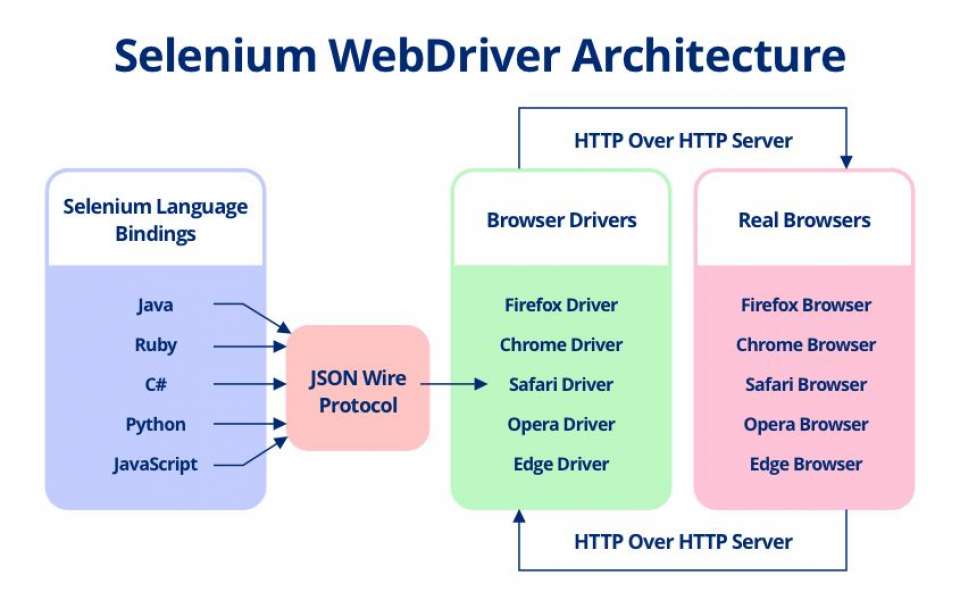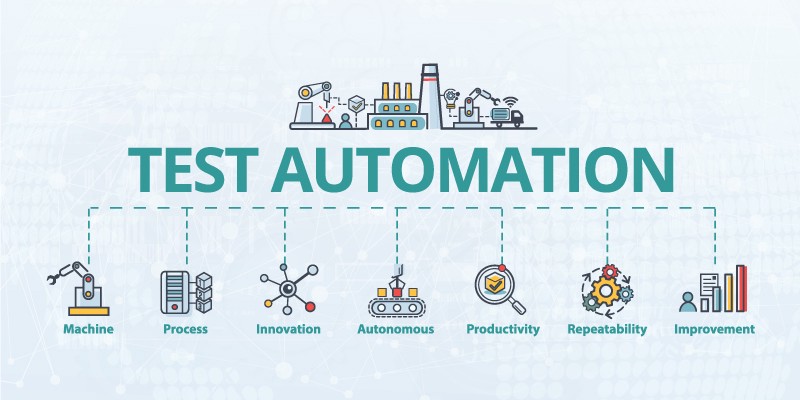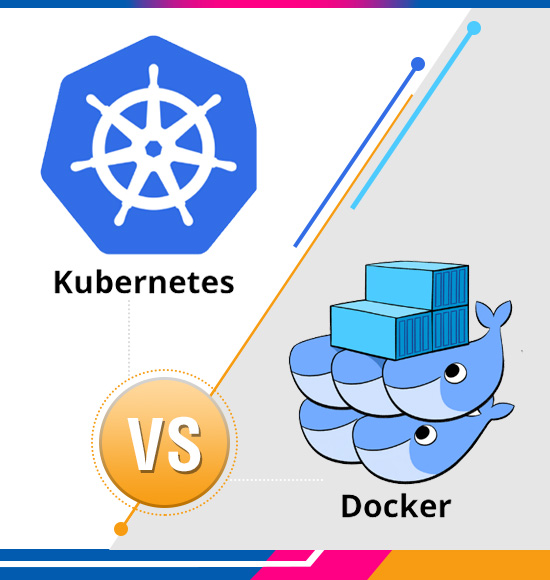Everything You Need to Know About Selenium Framework
Users have started demanding increasingly the latest and updated version of web applications and apps. Hence, developers feel the need to continually push themselves to deliver upgrades frequently. This resulted in the growing dependence on automation as it assists in shortening the software development cycle: for both the coding stage and the testing stage.
Automation testing has helped developer teams like teams in Copperchips to launch novel features bug-free at a rapid pace. Consequently helping in maintaining high customer engagement and warding off competition.
Automation testing has also enhanced and improved the scale of testing by manifolds. Automation testing ensures that customers have a fulfilling experience, no matter which browser or device they use. As a result, automation testing made its way to provide cross-browser compatibility.

Selenium is one of the biggest open-source automation testing frameworks that has is conducting testing processes seamlessly. Selenium Framework is widely utilized for testing by established enterprises like Google, Netflix, Fitbit, etc., and emerging startups alike.
The following article has been created by the experts at Copperchips. The article has been curated to assist the young and established enterprise owners to expand their current knowledge base. It is advised that the readers read through the entire article and then make their choice of choosing Copperchips as their highly trusted automation testing partner.
What Is Selenium Framework?
Selenium Framework is a suite of automation testing tools. Every tool in the Selenium Framework is based on the JavaScript framework. Selenium Framework is capable of running tests directly on the target browser, driving interactions on the required web page, and rerunning them without requiring any manual efforts.
This automation testing process further eliminates repetitive manual testing that consumes considerable time and effort. Selenium Framework complies with the idea of Agile, and DevOps, which bolster the continuous delivery workflow. Thus, the tendency of Selenium Framework to quickly and reliably check the digital product for any bugs and further saving time and monetary resources for enterprises has added to its popularity.
Selenium WebDriver

Selenium WebDriver is also known as Selenium Framework version 2.0. It is a collection of language-specific bindings that drive a browser in the way it is supposed to be driven. Selenium WebDriver is the inheritor of Selenium Framework Remote Control. It hugely consists of API, Library, Driver, and Framework that work in collaboration to facilitate test execution.
The API transfers the scripts that are written in diverse scripting languages to Selenium’s in-built language: Selenese, utilizing bindings. These language-specific bindings like Selenium Java, Selenium Ruby, Selenium dotnet, etc., and API are located in the Library.
Selenium WebDriver is an executable module that opens up the browser instance and runs the test script. The drivers could be browser-specific. Frameworks such as Cucumber and TestNG are used to test the connection of WebDriver’s client and the browser.
Selenium IDE
Selenium IDE is a Chrome and Firefox plugin. It logs natural interactions in the browser and generates its code in diverse programming languages. These programming languages include Java, Python, Ruby, C#, and Selenese but might not be restricted to the same.
Selenium Framework IDE allows the automation testers to record within the IDE and play out the test scenario on the browser. Here the IDE can replay them and highlight the errors in the code in Red colour. This makes Selenium IDE extremely beneficial for conducting Regression testing, where it can be utilized for prototyping the errors as the code might not be very readable and easily understandable.
Thus, cross-browser testing using Selenium WebDriver is highly recommended.
Why is Selenium Framework So Popular For Automation Testing?
Selenium Framework has been adopted by numerous companies across the world including top-notch companies and emerging startups. This points to the fact that Selenium Framework enjoys the largest market share among the other modern-day software testing tools.

Although Selenium Framework is mainly utilized by the Computer Software and IT services companies, Selenium Framework is not just confined to them. It serves other industries as well which include Staffing & Recruiting, Healthcare, Financial Services, and much more.
The central reason behind such overwhelming popularity of Selenium Framework is that it is open source. This not only maintains the budget of developers but also ensures that companies utilize a tool that gets continually updated. Other reasons behind the popularity include the multi-dimensional flexibility that Spring Framework offers in terms of scripting languages, operating systems, browsers, and integration with other tools. This enables enterprises to deliver a web application that is highly reliable and functional.
The test scripts of Selenium Framework can be written in Java, Python, C#, PHP, Ruby, Perl, and .Net. This enables many automation testers to easily utilize it without facing any language barriers. Selenium Framework can easily be carried out on Windows, macOS, and Linux, using any browser among Mozilla Firefox, Internet Explorer, Chrome, Safari, and Opera. This ensures thorough cross-browser testing with robust environment support. For further information and queries concerning implementing Selenium for Automation Testing, you can contact our experts at Copperchips.
What makes Selenium even more attractive is its ability to integrate with Maven, Jenkins, and Docker, to further support continuous automation testing. Developers can easily manage test cases and generate reports while utilizing Selenium Framework by integrating tools like TestNG and JUnit, so as to contour the entire testing process.
Types of Selenium Frameworks
Selenium frameworks are classified into the following three main types, based on the functional approach:
- Data-driven framework
- Keyword-driven framework
- Hybrid framework
Data-Driven Framework
The data-driven framework of Selenium Framework is based on the diverse data sets that are created into excel sheets and imported into the automation testing tool. When the number of data sets is on the higher side, it is challenging to modify these values in the script every time to conduct the automation testing process.
To make it convenient for the automation testers to modify the script without affecting the data sets, these data sets are kept separate from the original script which can fetch the required input each time from the excel sheet.
Hence, automation testers can easily apply a single test for all the data sets, which are available in the table without any need to change the code every time.
Keyword Driven Framework
Keywords tend to take in parameters and throw the relevant output. At times, when the code needs to cover considerable functionality, it might need continuous writing for some sections. Consequently, keywords are written to lessen or completely eliminate the complexity of the code.
In this type of Selenium Framework, operations that need to be performed are written separately from the original script in the form of keywords. These keywords are placed in an Excel sheet and are called using the code. This allows the automation testers to keep each of the functionalities separate. The keywords are provided in the table, where one can change each of them individually without disturbing others.
Hybrid Driven Framework
Hybrid Driven Framework is a lethal combination of a data-driven framework and a keyword-driven framework. This Selenium framework utilizes diverse keywords and data sets, where the list of inputs and the functions are located in diverse files. Just like a data-driven framework, this framework utilizes the same code for different data sets.
When To Use These Selenium Frameworks?
The different types of Selenium Frameworks mentioned in this article can be utilized when there are a large number of data sets to be tested for web applications. Specific to this case, a data-driven framework must be used as it separates itself from the actual code.
However, when there are numerous functionalities to be tested for web apps. It is recommended that the automation testing team opts for a keyword-driven framework. In this framework, the operations are located in a separate table in the form of keywords. These keywords are called to utilize a specific functional operation.
On the other hand, when both data sets and functionalities are high in number, a hybrid-driven framework should be used to avoid complexities.
Conclusion
Nowadays users are demanding fast and reliable testing that spans different browsers and devices to ensure compatibility. Automation Testing using Selenium Framework seems to be the perfect fit as it is preferred throughout the industry. the Selenium Framework offers feasibility, flexibility, and cost-friendliness over other types of testing frameworks. Hence, giving it a competitive edge over others and making it an ideal way to deliver consistent end-user experiences that conforms with the continuous delivery approach.
We at Copperchips make sure that our clients receive completely bug-free digital products. Our experts at Copperchips have been utilizing revolutionary technologies like the Selenium framework to test the products. Automation Testers at our custom software development company have been in the automation testing industry for quite a while now. They are adept at handling every inconvenience, be it minor or a major one. You can visit the official website of Copperchips, a custom software development company, and find solutions to all of your technical queries. Our experts at Copperchips are always available for help.




